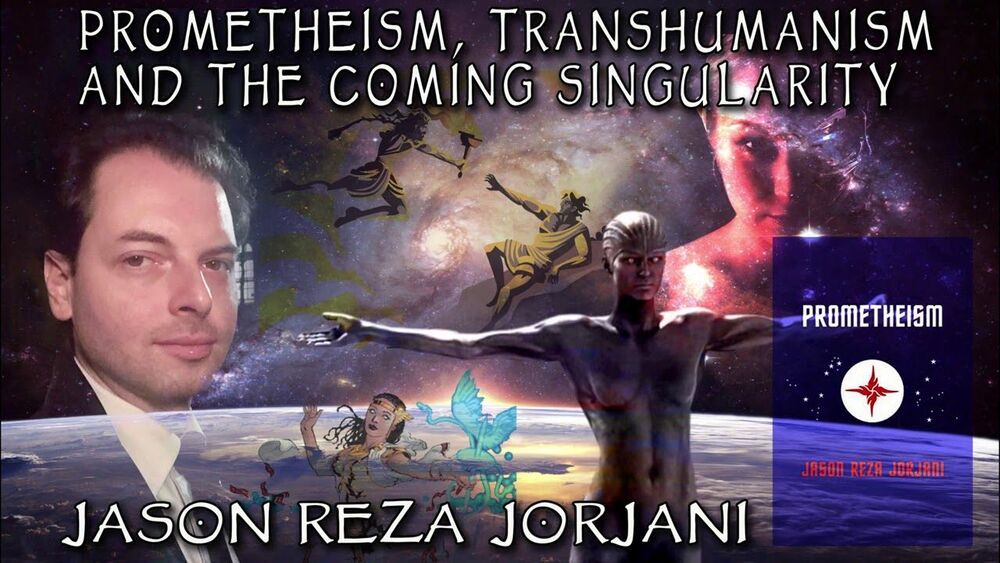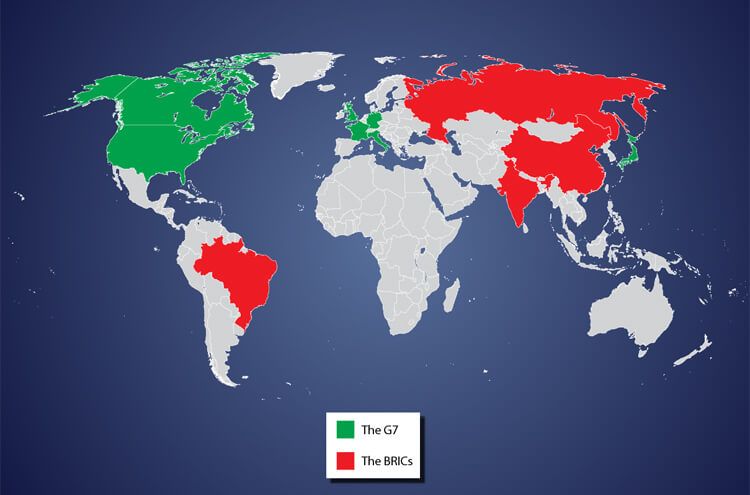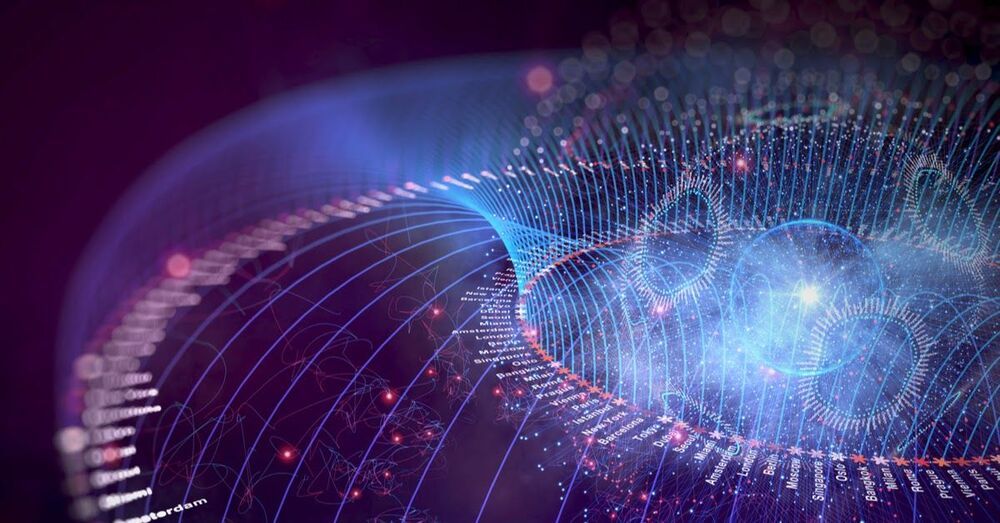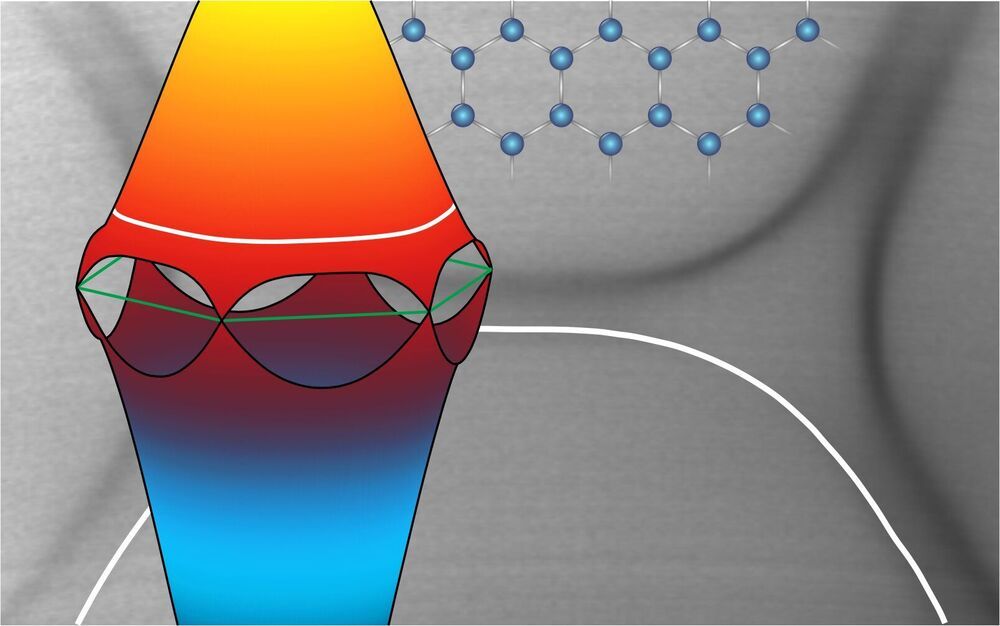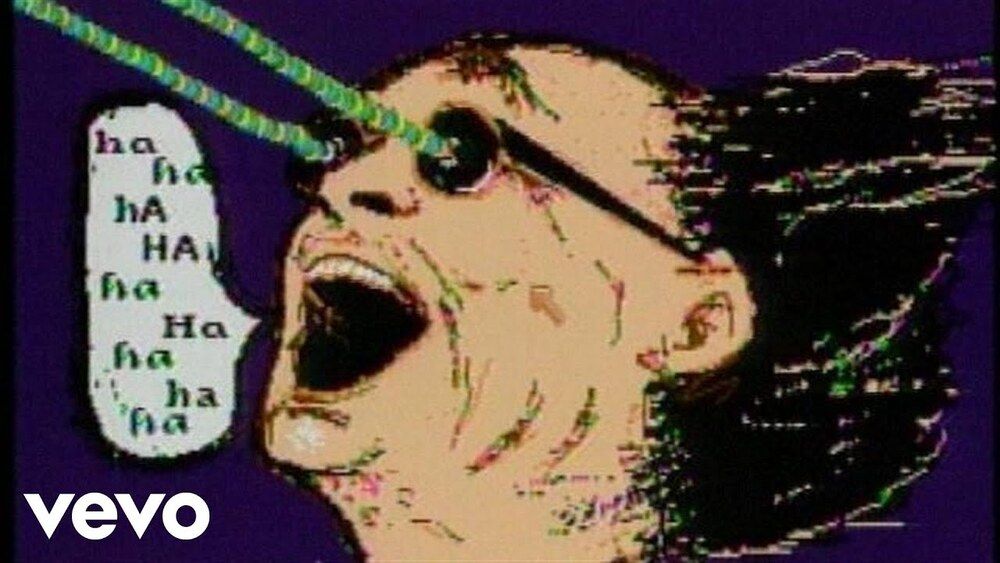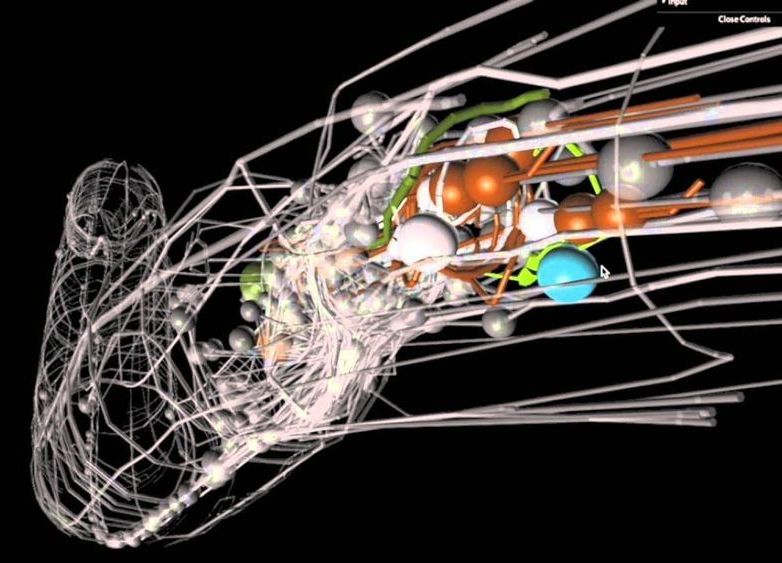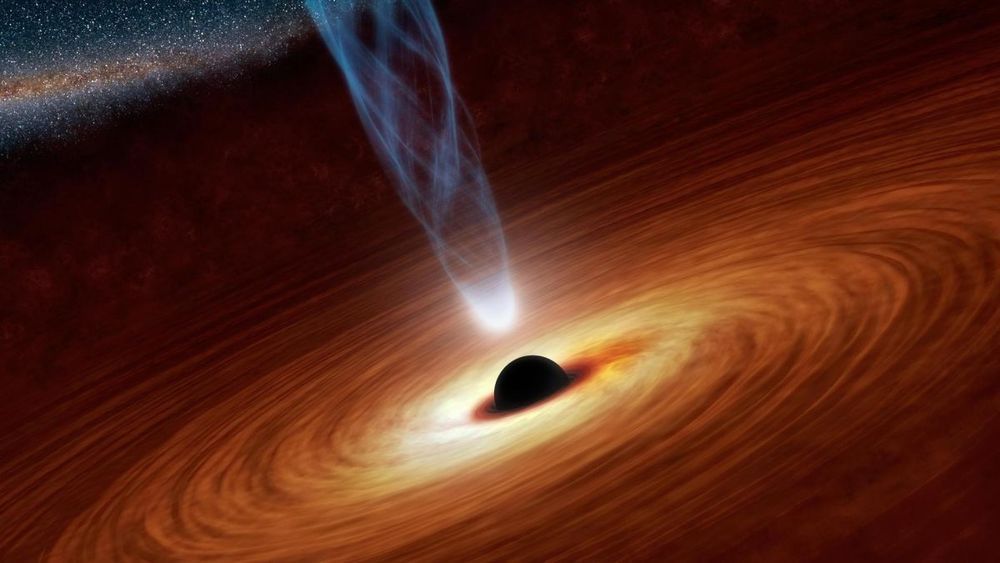Dec 4, 2020
Prometheism, Transhumanism & The Coming Singularity
Posted by TJ Wass in categories: robotics/AI, singularity, transhumanism
We take a deep and necessary dive into the topics of robotics, transhumanism, singularity, and other apocalyptic tech – all to prepare for the endgame moves of the elite and their Breakaway Civilization. To win this game of digital thrones, we must tap into the myth and Gnosis of an ancient trickster egregore named Prometheus. We must steal fire from the gods before they burn civilization down very soon.
Astral Guest – Jason Reza Jorjani, author of Prometheism.
Continue reading “Prometheism, Transhumanism & The Coming Singularity” »
